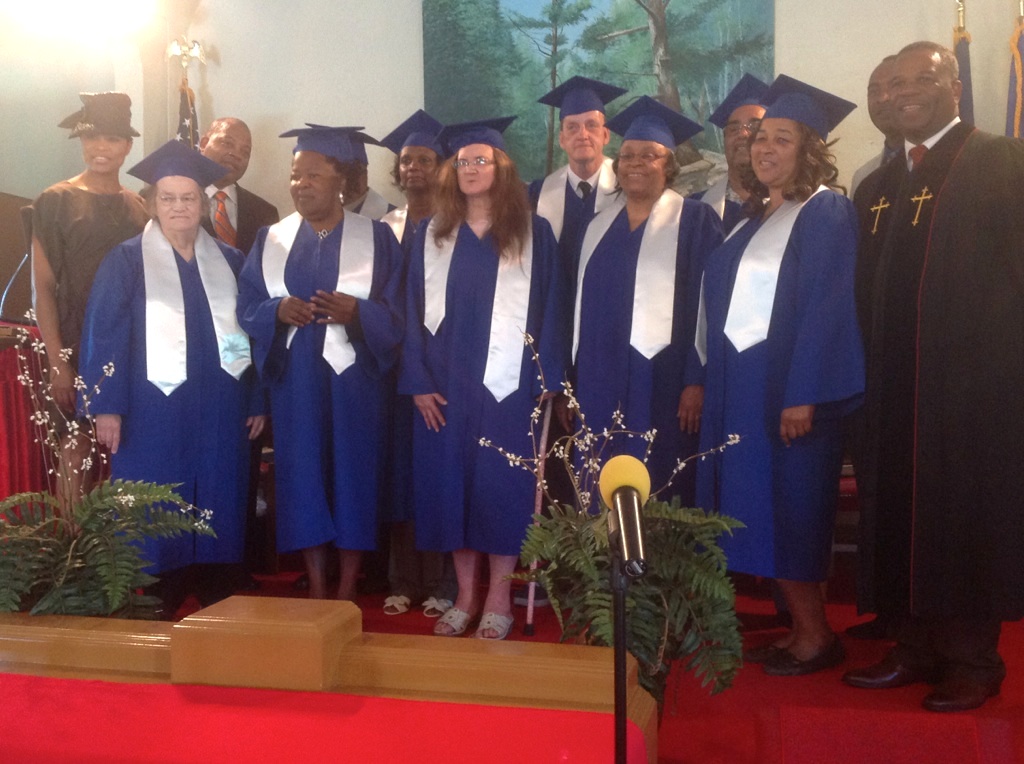News from the Allegheny East Conference of Seventh-day Adventists, which includes churches and schools in Delaware, the District of Columbia, Maryland, New Jersey, Pennsylvania, Virginia, and West Virginia.

Connecting Columbia Union Seventh-day Adventists


















